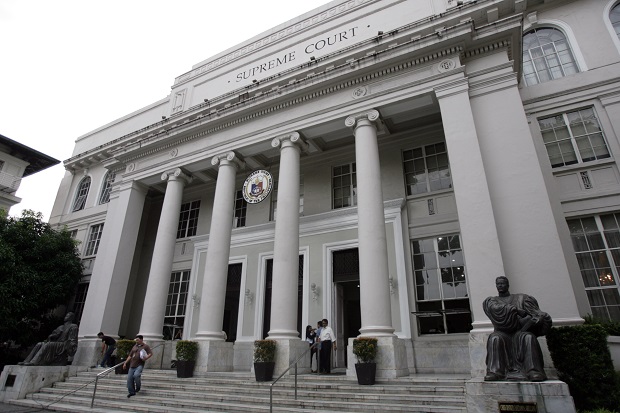SC dismisses Napoles brod’s bid to quash arrest warrant
MANILA, Philippines—The Supreme Court has denied a petition that alleged pork barrel scam brains Janet Lim-Napoles’ fugitive brother Reynald Lim filed in a bid to stop his arrest for his supposed involvement in the detention of whistle-blower Benhur Luy.
In a resolution, the Supreme Court’s First Division upheld the Court of Appeals’ Nov. 20, 2013, decision and July 2, 2014, resolution that affirmed Makati City Regional Trial Court Branch 150 Judge Elmo Alameda’s order that found probable cause to order the arrest of Lim and his sister.
Alameda issued the order after the Department of Justice filed serious illegal detention charges against the siblings for allegedly holding Luy captive from Dec. 19, 2012, to March 22, 2013.
Luy said he was detained to prevent him from reporting to authorities what he knew about Napoles’ racket involving the misuse of lawmakers’ Priority Development Assistance Fund (PDAF) through bogus foundations.
In its ruling, the Supreme Court sided with the Court of Appeals, which had shot down Lim’s claim that Alameda “acted with inordinate haste” in ordering the issuance of a warrant for his arrest.
Article continues after this advertisement“It is evident from the order of Judge Alameda that the finding of probable cause was issued only after he reviewed the proceedings before the prosecutor and after he examined the documents presented,” the Supreme Court said.
Article continues after this advertisementThe court likewise deferred to the judge’s personal judgment.
“We likewise agree with the [Court of Appeals] that the appellate court cannot freely delve into matters [that], by constitutional fiat, rightly rests on Judge Alameda’s personal judgment. Unless the contrary is proven, the presumption of regularity in the performance of his official functions is sustained,” the court said.
“There is nothing in the rules [that] require a judge to conduct a hearing before he issues an order finding the existence of probable cause and order of arrest,” the Supreme Court said.
